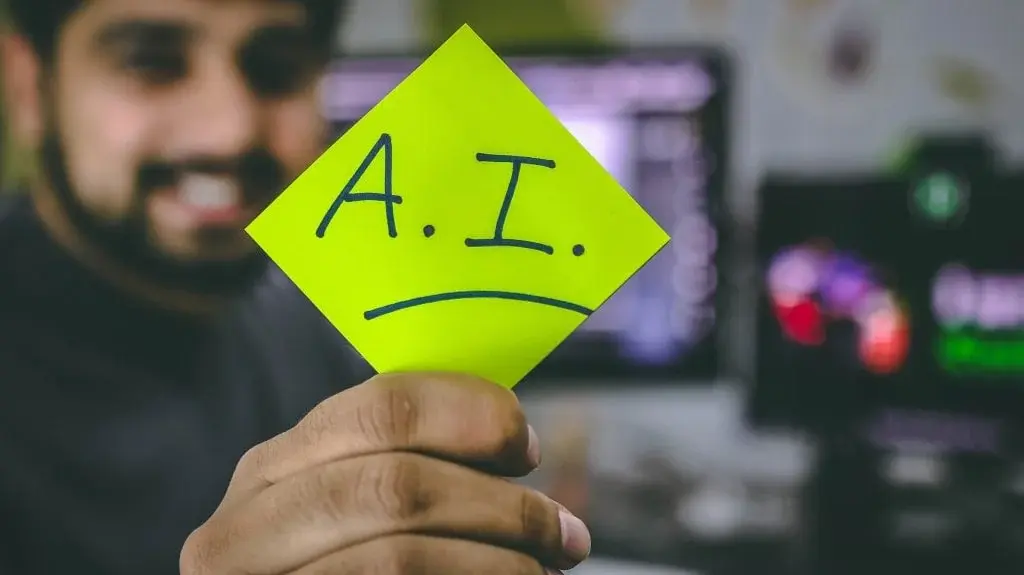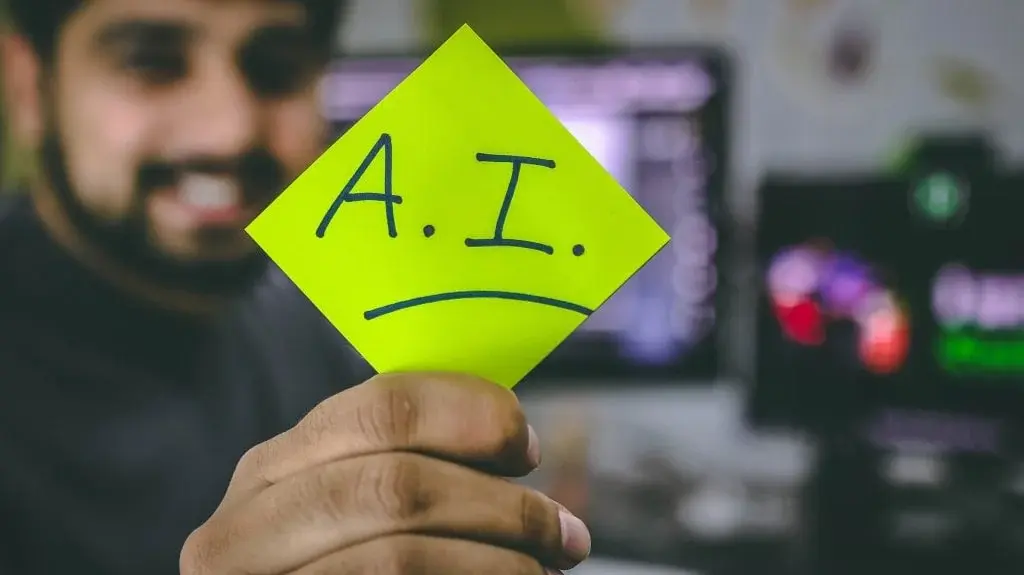ByteDance Takes a Leap Forward in AI with Coze Platform
ByteDance, the parent company of popular apps like TikTok and Jinri Toutiao, is making significant strides in the artificial intelligence (AI) space with the launch of its new platform, Coze. This innovative platform aims to revolutionize the creation and deployment of AI chatbots, particularly for businesses and individuals without coding skills.
Coze: A Game-Changer for AI Chatbots
Coze, similar to OpenAI’s GPT models, offers a unique twist that sets it apart. The platform provides users with an accessible AI development tool, allowing them to create customized chatbots for various tasks without the need for extensive coding knowledge. This simplification not only makes AI development more approachable but also streamlines the integration process.
A Strategic Move in the Chinese Market
ByteDance has strategically introduced Coze in China, where OpenAI’s services have yet to penetrate. By doing so, ByteDance aims to position itself as a leading AI development platform in this market. Users can now swiftly craft their own AI bots tailored to their specific needs, leveraging Coze’s user-friendly interface.
Integration with ByteDance’s Ecosystem
One of the key advantages of Coze is its integration with ByteDance’s vast ecosystem. The customized chatbots created on the platform can be seamlessly shared across various ByteDance products, including the enterprise tool Feishu. Moreover, these chatbots can even be deployed on WeChat, Tencent Holdings’ renowned app with a massive user base exceeding 1.3 billion.
ByteDance’s AI Focus
ByteDance’s foray into the AI space with Coze aligns with its broader strategy to pivot towards AI technology. The company recently made the decision to shut down its gaming platform and a healthcare encyclopedia, signaling a heightened focus on AI. This strategic shift is driven by the increasing popularity of generative AI tools, such as ChatGPT.
Embracing Innovation and New Technologies
At the core of ByteDance’s AI enthusiasm is CEO Liang Rubo’s call to action for his team to embrace and innovate with new technologies. The company has already achieved success with its AI-driven content recommendation system, which personalizes user experiences in apps like TikTok and Jinri Toutiao. With the introduction of Coze, ByteDance aims to further expand its AI capabilities and empower users to create AI solutions effortlessly.
In conclusion, ByteDance’s launch of the Coze platform represents a significant step forward in the AI space. By providing an accessible AI development tool, ByteDance aims to democratize the creation and deployment of chatbots for businesses and individuals. With integration into its ecosystem and a strategic focus on AI, ByteDance is poised to make a lasting impact in the AI industry.



